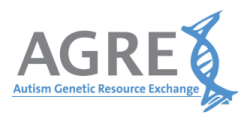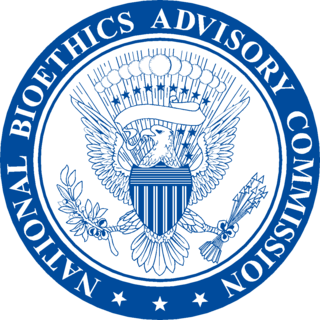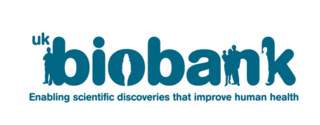 W
WThe Autism Genetic Resource Exchange (AGRE) is a DNA biobank funded by Autism Speaks. It exists to provide DNA specimens to geneticists who are researching autism.
 W
WChina National GeneBank or CNGB is China's first national-level gene storage bank, approved and funded by the Chinese government. Based in the Dapeng Peninsula of Shenzhen, CNGB's mission is to support public welfare, life science research and innovation, as well as industry incubation, through effective bioresource conservation, digitalization and utilization.
 W
WThe Estonian Genome Project is a population-based biological database and biobank which was established in 2000 to improve public health in Estonia. It contains health records and biological specimens from a large percentage of the Estonian population.
 W
WThe European Organisation for Rare Diseases (EURORDIS) is a non-governmental patient-driven alliance of patient organizations and individuals active in the field of rare diseases, that promotes research on rare diseases and commercial development of orphan drugs. EURORDIS is dedicated to improving the quality of life of all people living with rare diseases in Europe. It was founded in 1997; it is supported by its members and by the French Muscular Dystrophy Association (AFM), the European Commission, corporate foundations and the health industry.
 W
WThe FinnGen project was launched in 2017 with the aim of collecting biological samples from 500,000 participants in Finland over six years with the aim of improving health through genetic research. This is about 10% of the population. It is hoped that it will be a springboard for better diagnostics and new therapies. It is the key to Finland's Health Sector Growth Strategy for Research and Innovation Activities.
 W
WGenetic Alliance is a nonprofit organization, founded in 1986 by Joan O. Weiss, working with Victor A. McKusick, to advocate for health benefits in the accelerating field of genomic research. This organization is a network of over 1,000 disease advocacy organizations, universities, government organizations, private companies, and public policy organizations. They aim to advance genetic research agendas toward health benefit by engaging a broad range of stakeholders, including healthcare providers, researchers, industry professionals, public policy leaders, as well as individuals, families and communities. They create programs using a collaborative approach, and aim to increase efficiency and reduce obstacles in genetic research, while ensuring that voices from the involved disease communities are heard. They also promote public policies to advance healthcare. Genetic Alliance provides technical support and informational resources to guide disease-specific advocacy organizations in being their own research advocates. They also maintain a biobank as a central storage facility for several organizations who otherwise would not have the infrastructure to maintain their own repository.
 W
WThe National Bioethics Advisory Commission was the name of a United States governmental organization which existed from 1996–2001. It was replaced by The President's Council on Bioethics.
 W
WUK Biobank is a large long-term biobank study in the United Kingdom (UK) which is investigating the respective contributions of genetic predisposition and environmental exposure to the development of disease. It began in 2006.